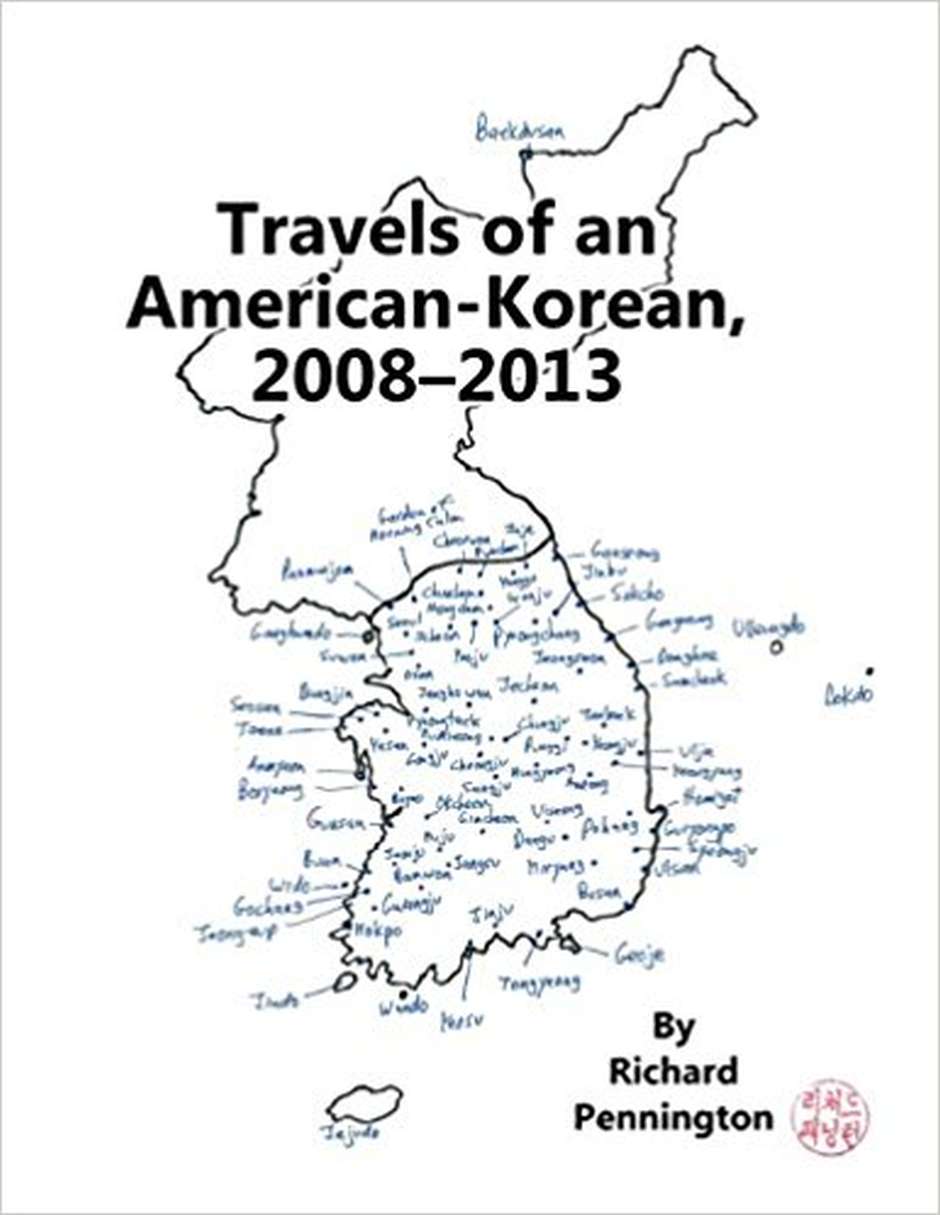Description
My intra-Korean excursions began on a small scale and very tentatively. I was a newbie who had a one-year contract at a hagwon and was probably going “home” when it was up. Little did I know that I would find a much more suitable job in the big city and embark on a rather aggressive travel program that took me almost everywhere in Korea. Of course, I had to document my trips. Doing so preserved my memories and gave people back in the USA a clearer idea of what Korea was about—at least through my eyes. Furthermore, my Korean friends read these stories avidly. After having gathered 20 or so, I thought it had the makings of a book.
Saying to myself and to others that accounts of my journeys would someday be published was extra incentive. After a while, I was looking at the map of Korea and seeking to fill in “blank spaces: ”Oh, there’s an area in southern Gangwon Province I haven’t been to, or Gyeongsanbuk Province or a stretch along the east coast or a southern island.” I would do some research, make a plan and go. (Sometimes I met people in small towns like Punggi, Buyeo or Dangjin who asked, “Why did you come here?” “Why not?” I responded. “I had never been here before. That’s reason enough.”) In most cases, I traveled alone but not always. Several American friends thought what I was doing was brave or intrepid. In fact, once the routine was established—ride the bus, get a cheap hotel room and start exploring—it was just that: routine. While I cannot claim it was always easy getting around, I did OK. If I needed help, I was not too proud to ask. And quite often, friendly Koreans came to my rescue.
The challenge was to avoid falling into a sing-song pattern in writing about my travels. I think or at least hope I was able to do that, giving each of the 92 chapters a fresh approach. I met people virtually wherever I went, and those encounters were excellent material for the book. Of course, I weaved in legends about mountains and rivers, events that made a place special (Nongae, for example, down in Jinju) and history. Readers of this book are given a fairly heavy dose of Korean history; there are numerous references to the Hideyoshi invasions, to Admiral Yi Sun-Shin, to the Japanese colonial era, to pansori music, to Phillip Jaisohn, to the Korean War, to the coal mining days in Taebaek, and so on. I visited more 800-year-old Buddhist temples and Confucian seowans (schools) than you can shake a stick at. No apologies are made for my interest in and focus on history.
I long ago lost count of the number of Koreans who said I had seen more of their country than they had and knew their history better. If this is so, it’s partly because the modern Korean educational system is so focused on math and science that there’s no time for such “non-essential” things as history. What a shame, because this small, highly populated country has a long and fascinating history. There is always something to learn.
With a great deal of help from Mark Hooper of Barcelona, Spain, Travels of an American-Korean, 2008–2013 was published in March 2014. A party was held at LBC, the unique radio station/coffee shop that also serves as headquarters for the Jikji-return campaign. Cheol-Woong Lim and others made it a success, truly the social event of the season.
I am now working on Travels volume II, which will cover the years 2014 through 2019. After that, who knows?


Myline Cornel –
One of the best that I ever read. It has transported me to places in South Korea. It is beautifully described, informational, amusing and entertaining. A must to read if you want to see and visit Korea!
Richard –
Thank you for your kind words, Dr. Cornel!